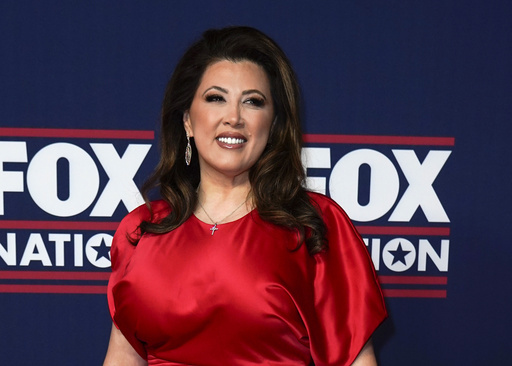President-elect Donald Trump has nominated a diverse group of individuals to oversee federal health agencies in his upcoming administration. This team features a retired congressman, a surgeon, and an ex-talk show host, all poised to shape a new political landscape regarding public health, which encompasses areas like healthcare access, pharmaceuticals, food safety, and scientific research. A key figure stepping into the role of Secretary of the Department of Health and Human Services will be Robert F. Kennedy Jr., an environmental attorney who has garnered notoriety for his anti-vaccine stances.
Though the nominees may lack extensive management experience in large federal agencies, they are familiar figures in health discussions on television. Dr. Mehmet Oz, nominated to lead the Centers for Medicare and Medicaid Services, is famous for his 13-year tenure as a daytime talk-show host and has cultivated a personal brand as a wellness influencer. Similarly, Dr. Marty Makary, the chosen candidate for the Food and Drug Administration, and Dr. Janette Nesheiwat, tapped as surgeon general, have contributed widely to Fox News programming.
Many of these appointees have been vocal critics of COVID-19 protocols, such as mask mandates and vaccine boosters for children, and possess ties to Florida, aligning with several other cabinet selections by Trump. The nominee for the CDC, Dr. Dave Weldon, previously served in Congress representing Florida and is affiliated with a medical organization in the region. Notably, Dr. Nesheiwat is related to Rep. Mike Waltz, a Republican chosen by Trump as national security adviser.
Examining these nominees reveals their potential roles in executing Kennedy’s vision of reorganizing health agencies, which collectively manage a massive budget of $1.7 billion and employ a workforce of around 80,000, including scientists and healthcare professionals, with impacts on the health of the entire nation.
The Centers for Disease Control and Prevention (CDC), with its sizeable budget of $9.2 billion, focuses on protecting public health by managing disease outbreaks. Kennedy has consistently criticized the CDC and its vaccine recommendations, even suggesting that no vaccines are safe or effective. His connection with Weldon spans back to their joint advocacy against vaccine preservatives, particularly thimerosal, which Weldon sought to eliminate due to purported links to autism — a theory long discredited by numerous studies.
Weldon’s history in Congress also indicates potential support for Republican moves to reduce the CDC’s size and influence. His legislative actions have included voting against funding for needle-exchange programs, a critical strategy in combating drug overdoses, and securing a high pro-gun rating from the National Rifle Association.
As for the Food and Drug Administration (FDA), which oversees drug and food safety for a workforce of 18,000, Kennedy has made it clear through his critiques that he wishes to overhaul its operations. Makary, who has experienced conflict regarding the FDA’s drug approval processes, shares Kennedy’s reservations about pharmaceutical practices and has condemned the overuse of prescriptions and pesticides.
Both Makary and Kennedy’s ambitious aims to reverse established FDA regulations might face significant challenges, as drug approvals and market removals are subject to extensive federal laws and protocols established by Congress.
The Centers for Medicaid and Medicare Services, which provides health coverage to over 160 million Americans, also represents a significant responsibility for Oz, who has yet to outline his plans for this estate. While Trump previously sought to dismantle the Affordable Care Act, Kennedy has remained silent on the subject, although he has been critical of the high costs related to certain weight-loss treatments covered by Medicare.
When looking at the surgeon general’s role, which is fundamentally one of public influence rather than direct administrative control, the newly appointed Nesheiwat brings experience from her position in urgent care facilities. She has promoted COVID-19 vaccinations and has emphasized preventive medicine throughout her career. Her public statements during the pandemic framed vaccines as valuable resources.
As of now, Trump’s pick to lead the National Institutes of Health, which has a substantial budget of $48 billion and supports extensive medical research, remains unannounced. However, Kennedy has suggested prioritizing research into chronic diseases over infectious diseases, reflecting his long-standing skepticism regarding vaccine safety and efficacy.



